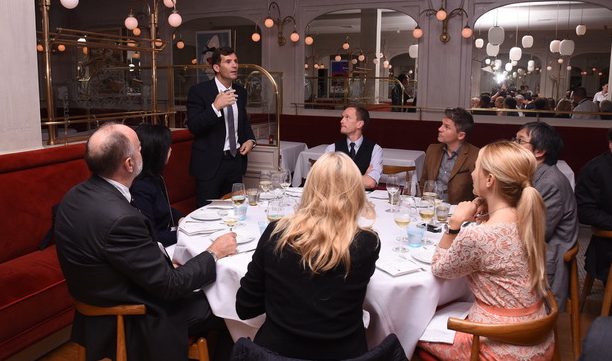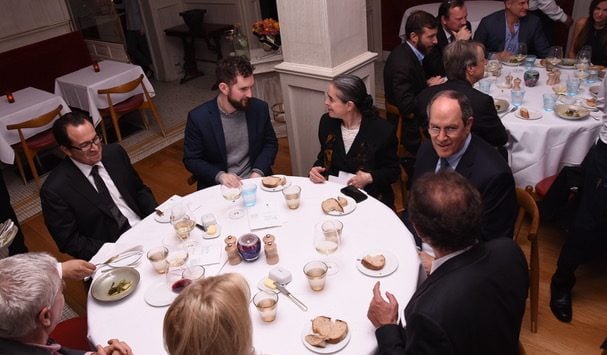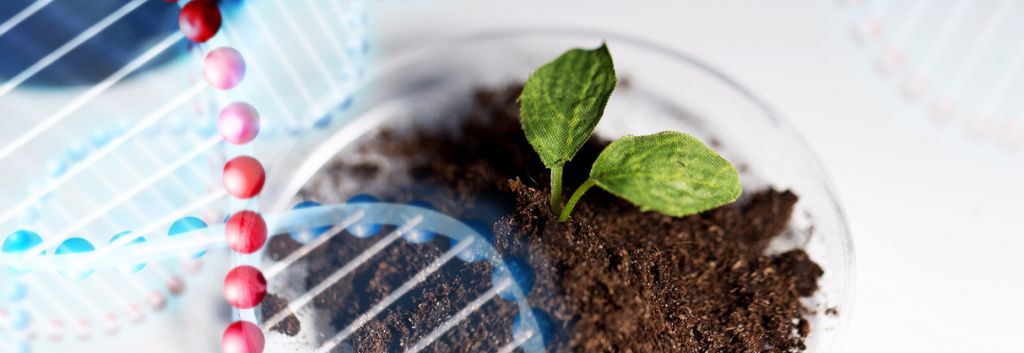Newsletter Signup - Under Article / In Page
"*" indicates required fields
Genetic engineering can make food healthier, improve nutrition and reduce environmental impact. To demonstrate its potential, Cellectis hosted a dinner featuring futuristic food technology.
Cellectis is a French company that develops immuno-oncology therapies and became famous last year when its CAR-T treatment saved a 1-year old girl from leukemia. Its gene-editing TALEN technology is also used by its subsidiary, Calyxt, to develop healthier food.
Both companies hosted a dinner in New York featuring gene-edited soybeans and potatoes. Expert chefs from Ducasse Conseil in France worked for 6 months on elaborate recipes for these new ingredients.

How does the technology make the plants healthier? The gene-edited potatoes lack an enzyme to degrade starch, which protects them from forming carcinogenic acrylamide when being cooked after being stored in the cold. The deletion also increases the production yield by 15%.
In the case of soy, the modification increases the oleic acid content, removing the necessity to hydrogenate the oil to improve stability and shelf life. This common food processing technique creates trans-fats, which increase levels of low-density lipoprotein (LDL), also known as bad cholesterol.

Calyxt’s engineered food is not considered GMO because it doesn’t introduce genes from other species. Instead, the company uses TALEN, a technology similar to CRISPR that can be used to remove any desired gene.
This dinner was intended as a proof of how food technology can make a change for the better in health and nutrition while reducing the environmental footprint. The future will bring alternatives that can solve some of our most pressing problems. A perfect example is cultured meat, which could solve world hunger and global warming.
Featured image: Syda Productions/shutterstock.com
Pictures by Cellectis
Partnering 2030: FME Industries Report







